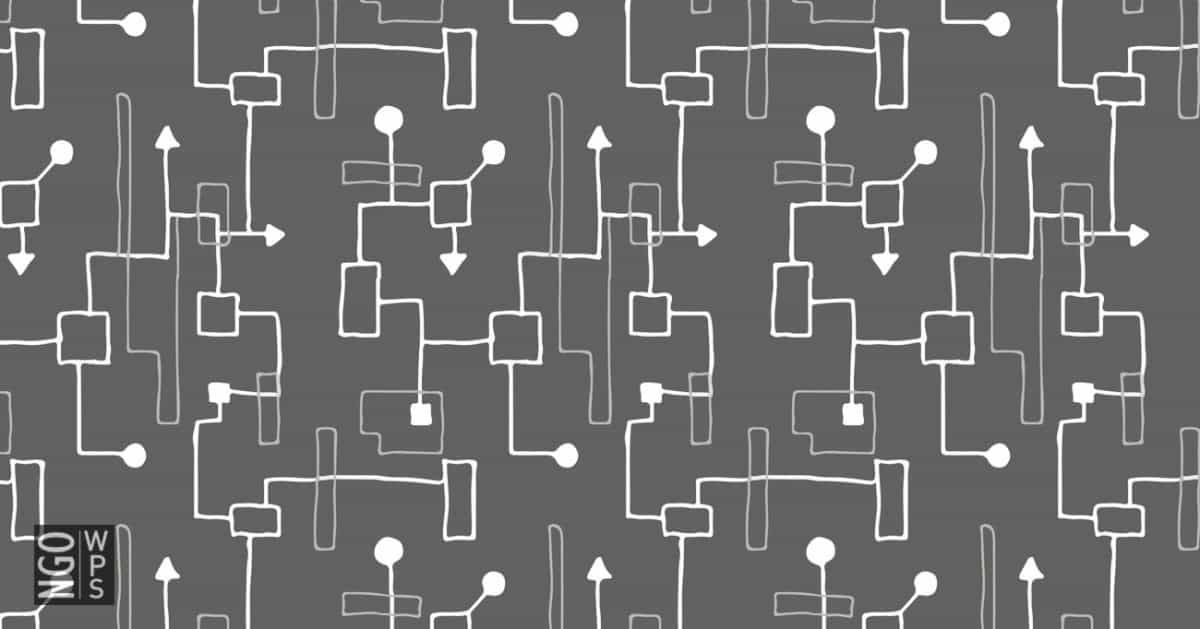Guinea
Women in Guinea, in addition to being disproportionately affected by the Ebola health crisis, continue to face constant threats of sexual and gender-based violence, including early and forced marriages, rape, human trafficking, and some of the highest rates of female genital mutilation/cutting (FGM/C) in the world; approximately 97% of women and girls in Guinea have been subjected to the process (International Federation of Gynecology and Obstetrics). Although Guinea has ratified the Convention on the Elimination of All Forms of Discrimination Against Women (CEDAW) and launched a National Action Plan pursuant to Resolution 1325 in 2009, civil codes in Guinea continue to subjugate and discriminate against women, including through provisions that require spousal approval for professional occupations for women. Recognizing that women’s inclusion in the political process is one of the most effective ways to counter violence and discrimination against women, the NGOWG advocates for the full and effective inclusion of women in all elections and at all levels of peaceful and democratic political transition. In addition, based on the work of NGOWG members, the NGOWG recognizes that impunity for sexual violence remains a looming threat to justice and must be eliminated.
Guinea
Women in Guinea, in addition to being disproportionately affected by the Ebola health crisis, continue to face constant threats of sexual and gender-based violence, including early and forced marriages, rape, human trafficking, and some of the highest rates of female genital mutilation/cutting (FGM/C) in the world; approximately 97% of women and girls in Guinea have been subjected to the process (International Federation of Gynecology and Obstetrics).
Guinea has ratified the Convention on the Elimination of All Forms of Discrimination Against Women (CEDAW), and launched a National Action Plan pursuant to Resolution 1325 in 2009. However, civil codes in Guinea continue to subjugate and discriminate against women, including through provisions that require spousal approval for professional occupations for women. Recognizing that women’s inclusion in the political process is one of the most effective ways to counter violence and discrimination against women, the NGOWG advocates for the full and effective inclusion of women in all elections and at all levels of peaceful and democratic political transition. In addition, based on the work of NGOWG members, the NGOWG recognizes that impunity for sexual violence remains a looming threat to justice and must be eliminated.
Current and Past Recommendations to the UN Security Council (Monthly Action Points)
Given the absence of women, peace and security content in previous Council considerations of Guinea-Bissau, the expected discussion of the situation and the three-month renewal of the mandate of the UN mission in Guinea-Bissau (UNIOGBIS) should reflect the ongoing challenges to and give support for women’s participation in conflict prevention, political processes, peacebuilding efforts, as well as women’s role in security sector reform. The Security Council should support greater space for women’s engagement in efforts to build trust following the coup, including through such interlocutors as the Women’s Political Platform (Plataforma Política das Mulheres), which consists of women politicians, parliamentarians and other activists. The Security Council’s discussion should also detail gender-specific concerns regarding the current humanitarian situation, and in the context of conversations surrounding the revised mandate. Any assessment mission, including that requested in advance of the expected UNIOGBIS mandate renewal in May, must include gender expertise.
Relevant Resources









